A Conversation with Bruce Duffie
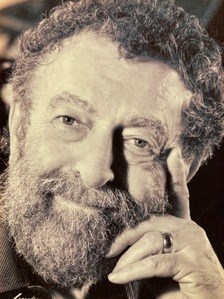

BERNARD JACOBSON OBITUARYBernard
Jacobson (March 2, 1936 - February 14, 2022) had an international
career that spanned over 6 decades in the classical music world. He was
born in London and educated at Corpus Christi College, Oxford, after
serving in the Royal Air Force. He
began his career writing sleeve notes for Philips in the Netherlands,
and subsequently worked for EMI and Boosey and Hawkes in London. He
contributed articles to High Fidelity, Musical America,
Fanfare, and Seen and Heard International, and served
as music critic for the Chicago Daily News. His books include
The Music of Johannes Brahms, Conductors on Conducting,
A Polish Renaissance, and Star Turns and Cameo Appearances:
Memoirs of a Life among Musicians. He
served as visiting professor of music at Roosevelt University in Chicago,
artistic director of Het Residentie Orkest (The Hague Philharmonic),
and as artistic advisor to the North Netherlands Orchestra. His translations
include operas by Hans
Werner Henze (La Cubana) and Siegfried Matthus (Die
Weise von Liebe und Tod des Cornets Christoph Rilke, and
Judith), and he had some of his own poetry set to music
by composers Wilfred
Josephs (a song-cycle Death of a Young Man) and Richard Wernick. Jacobson
first settled in Philadelphia with his wife Laura when he was hired by
the Philadelphia Orchestra in 1984 as program annotator and musicologist,
where he worked closely with its then-music director Riccardo Muti.
He gave pre-concert lectures and inaugurated the orchestra's chamber
music series. He remained in Philadelphia for more than 25 years, interrupted
by stays in The Hague and Bremerton, Washington, continuing to write
program notes for the Philadelphia Chamber Music Society and the Chamber
Orchestra of Philadelphia. As
a performer, he narrated his own translation of Stravinsky's L'Histoire
du soldat as part of the Philadelphia Orchestra's chamber music series,
and he was the speaker, with Ignat Solzenitsyn conducting, for Schoenberg's
Ode to Napoleon with the Chamber Orchestra of Philadelphia,
a work he had previously recorded for Nonesuch and performed in London
and Vienna. His narration for Mendelssohn's Antigone was given
its first performance by Claire Bloom at the 1991 Bard Festival, and he
subsequently performed it himself with the San Jose Symphony. He returned
there to narrate Stravinsky's Oedipus Rex, Leonid Grin conducting.
He also narrated works by Theo Loevendie and Virgil Thomson in the Concertgebouw,
Amsterdam, and the Cologne Philharmonie. With
conductor Oliver Knussen
he recorded the role of Noah in Stravinsky's The Flood for Deutsche
Grammophon before repeating it in his 1996 debut at the BBC Promenade Concerts.
In 2016, he appeared as narrator in Martinů's The Epic of Gilgamesh
at Chicago's Grant Park Music Festival. He also sang as a low bass in
the Choral Arts Society of Philadelphia. Among
Jacobson's greatest pleasures were cooking and eating. He edited cookbooks
by Giuliano Bugialli, and while living in Washington state he fulfilled
his dream of becoming a restaurant critic, writing reviews for his
local paper The Kitsap Sun. He was predeceased by his first wife
Bonnie (Brodsky) and his sister Anne. In addition to his wife of 39
years Laura (Belcove) he leaves behind children Katharine (Andrew) Walkden
of North Yorkshire, UK, and Samuel of Philadelphia. He also leaves four
grandchildren, cat Kiki, and all the restaurants he hadn't tried yet.
Donations
can be made in Bernard's memory to the Philadelphia Chamber Music Society,
Chamber Orchestra of Philadelphia, or the Philadelphia Orchestra. A memorial
celebration is being planned for early autumn. == Edited and expanded from the obituary published by The Philadelphia Inquirer on April 3, 2022. == Names which are links in this box and below refer to my interviews elsewhere on my website. BD |
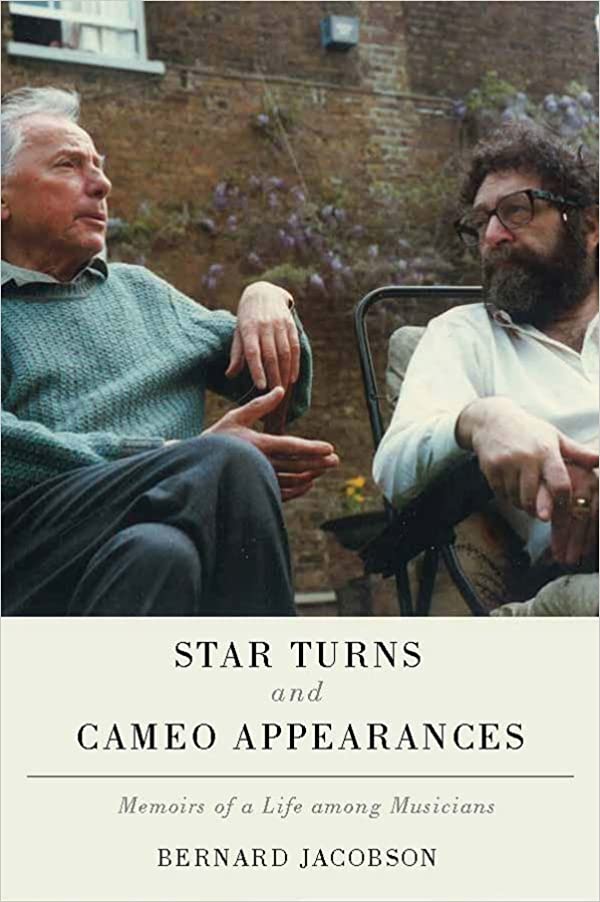
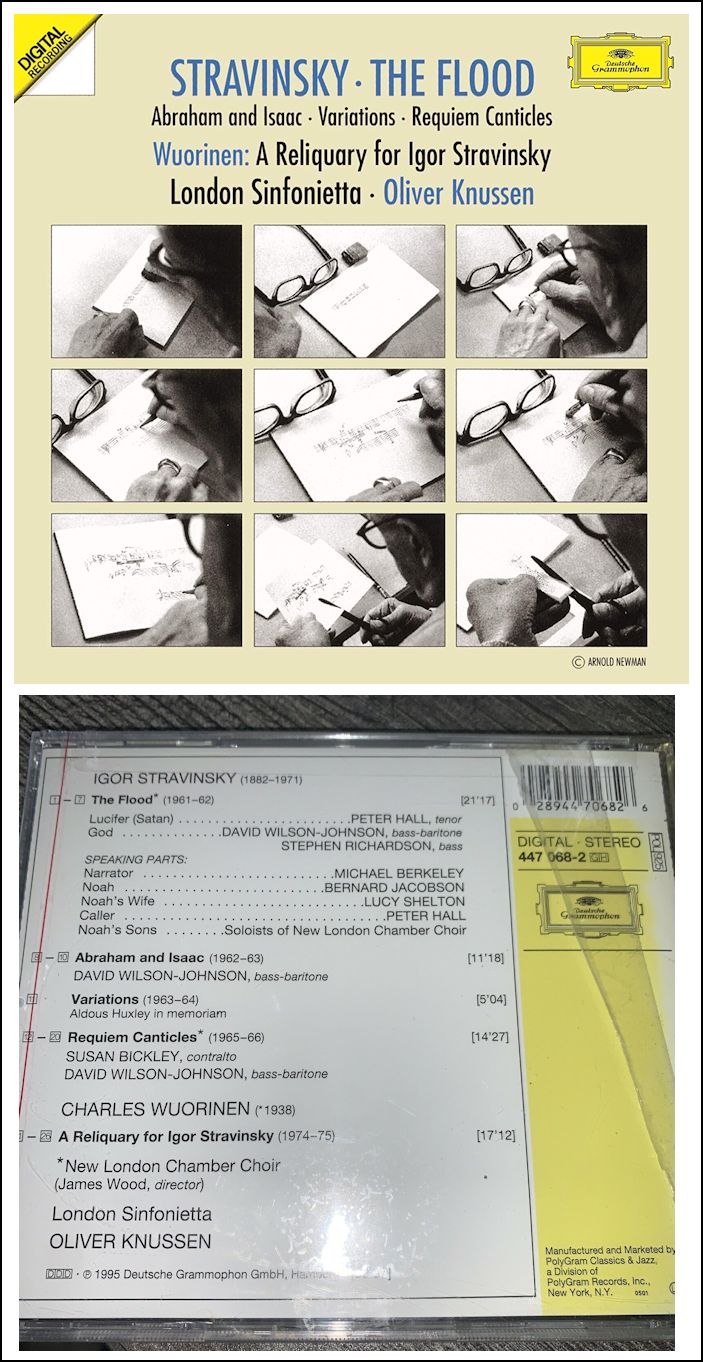
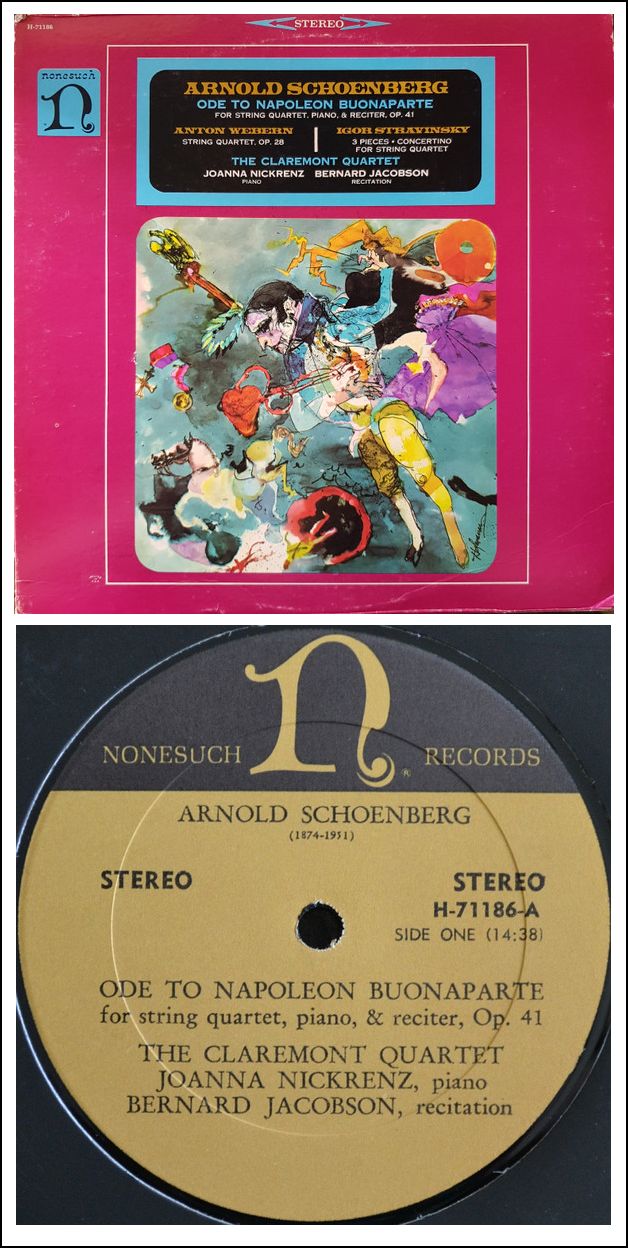
|
In 2020, Sir David Pountney, former artistic director of the Welsh National Opera, announced that Tavener's final opera, Krishna (which was completed in 2005 but had remained in manuscript form) would be staged by Grange Park Opera in 2024. Pountney himself will be directing the production. |
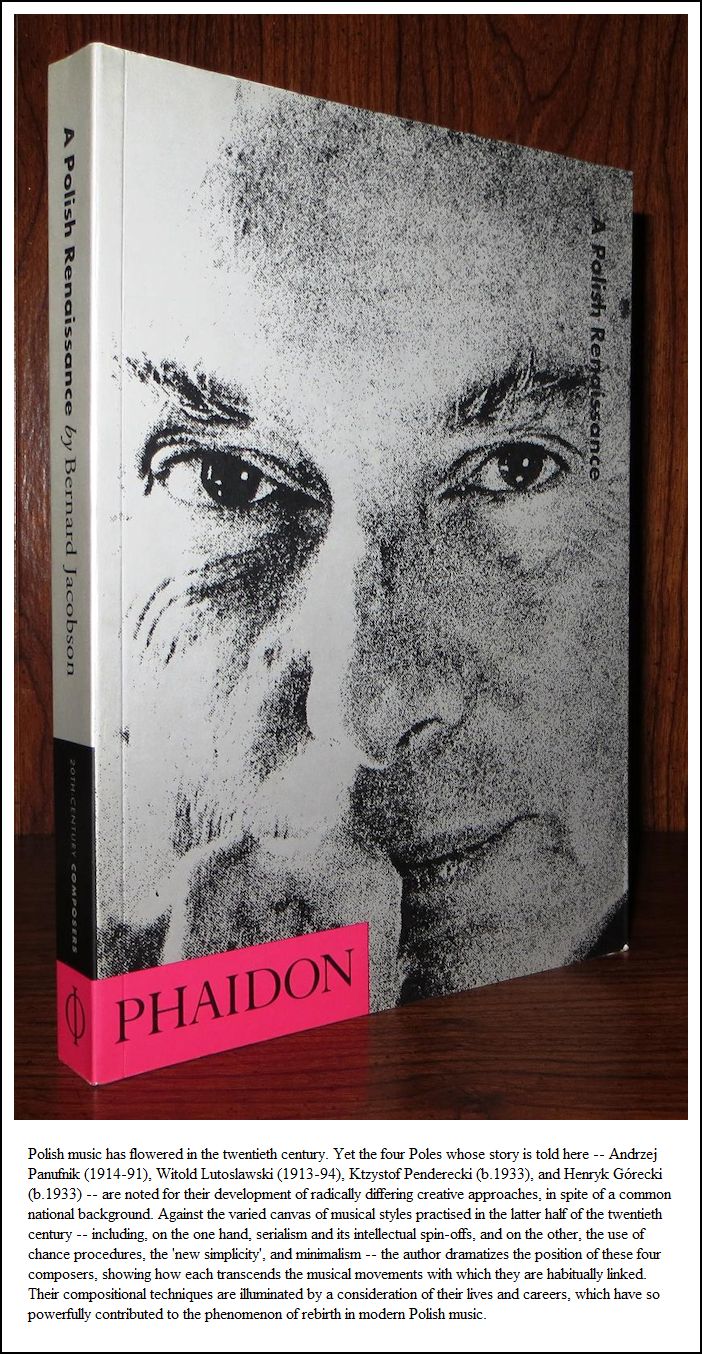
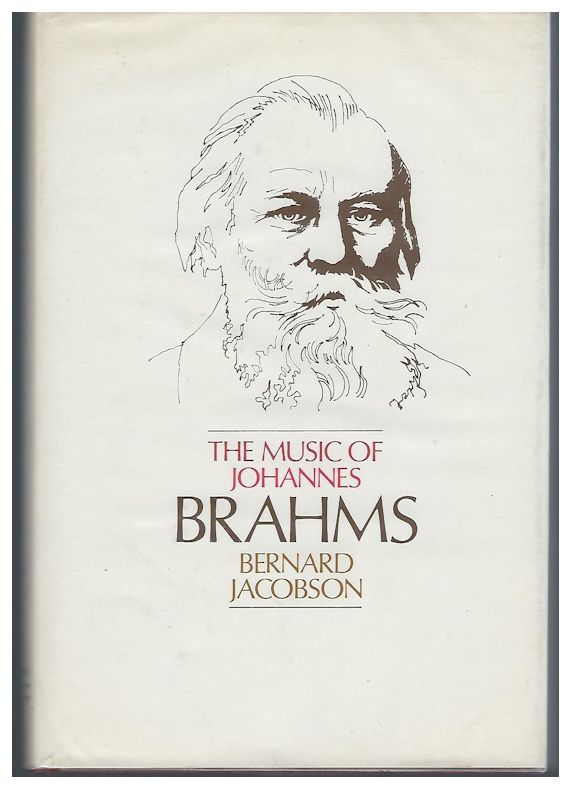
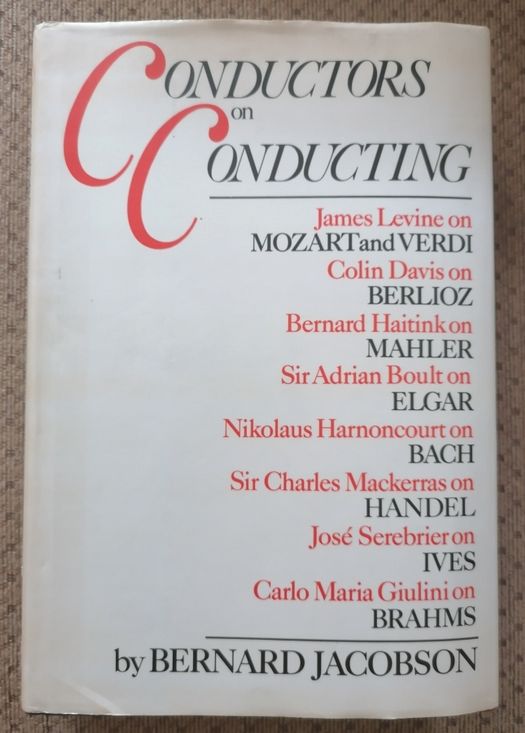
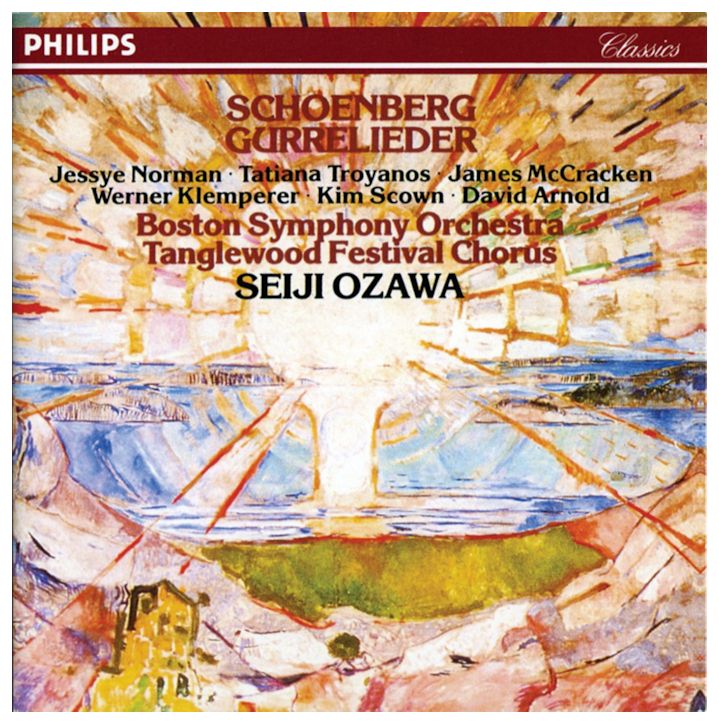
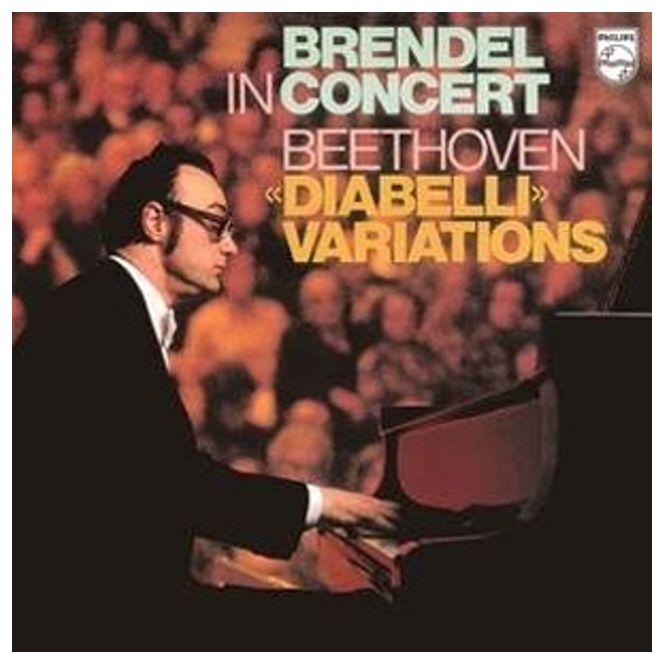
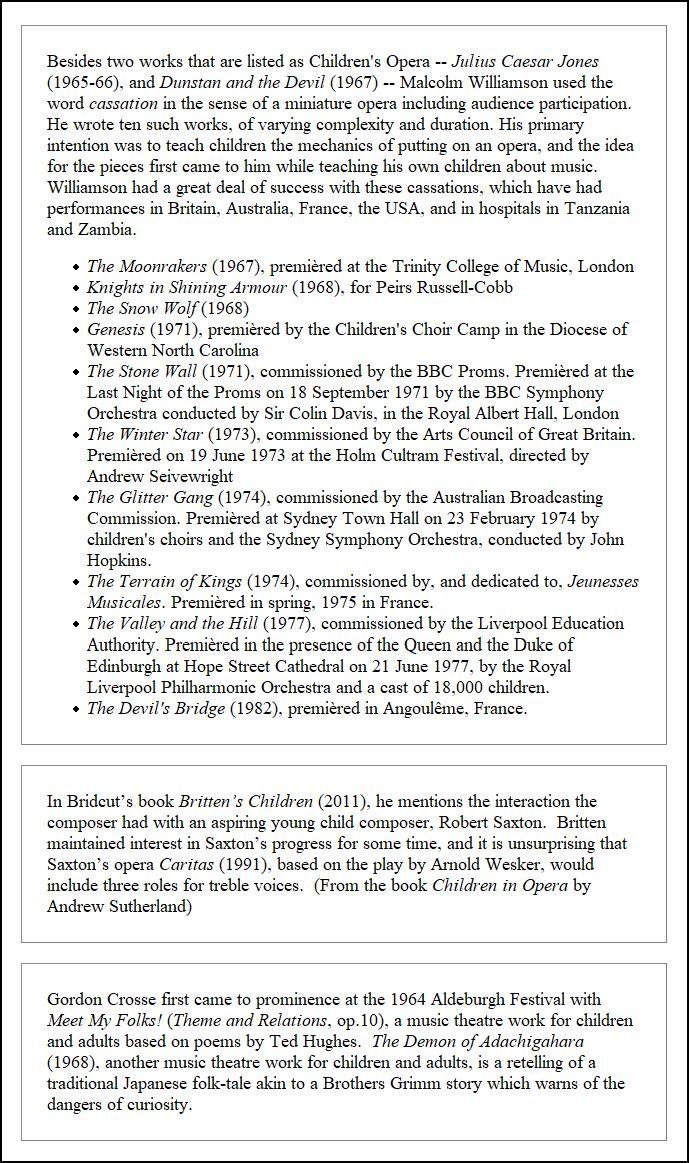
© 1982 Bruce Duffie
This conversation was recorded in Chicago on February 2, 1982. Portions were broadcast on WNIB in 1989 and 1994. This transcription was made in 2022, and posted on this website at that time. My thanks to British soprano Una Barry for her help in preparing this website presentation.
To see a full list (with links) of interviews which have been transcribed and posted on this website, click here. To read my thoughts on editing these interviews for print, as well as a few other interesting observations, click here.
Award - winning broadcaster Bruce Duffie was with WNIB, Classical 97 in Chicago from 1975 until its final moment as a classical station in February of 2001. His interviews have also appeared in various magazines and journals since 1980, and he now continues his broadcast series on WNUR-FM, as well as on Contemporary Classical Internet Radio.
You are invited to visit his website for more information about his work, including selected transcripts of other interviews, plus a full list of his guests. He would also like to call your attention to the photos and information about his grandfather, who was a pioneer in the automotive field more than a century ago. You may also send him E-Mail with comments, questions and suggestions.